APHG Unit 3 CED Vocabulary - Cultural Patterns + Processes
1/64
There's no tags or description
Looks like no tags are added yet.
Name | Mastery | Learn | Test | Matching | Spaced |
|---|
No study sessions yet.
65 Terms
Culture
shared practices, technologies, attitudes, and behaviors transmitted by the members of a society that are not the result of biological inheritance (socially constructed)
ethnicity
a group of people who share a common cultural identity
race
historical classification that is used to categorize human populations with shared physical traits (not culture)
culture trait
a single attribute of a culture, such as food preferences, architecture, and land use
ethnocentrism
judging another culture based on the values of one's own culture (language, religion, customs)
cultural relativism
the idea that a person's beliefs, values, and practices should be understood based on that person's own culture, rather than be judged against the criteria of another
cultural landscape
the combination of physical features, agricultural and industrial practices, religious and linguistic characteristics, sequent occupancy, traditional and postmodern architecture, and land use patterns
sequent occupancy
the combined imprint on an area when it has been inhabited by a succession of cultures
indigenous communities
the original settlers of an area (pre-invasion/colonialism) who have retained their culture apart from the colonizers
ethnic neighborhood
an area within a city occupied by a distinctive minority culture
gender
social and cultural differences between males and females (not biological differences)
gender role
learned behaviors that are deemed appropriate to gender as determined by cultural norms
role of women in workforce
women engaged in paid work outside the home has increased substantially over 2nd half of the 20th century
gendered spaces
areas in which gender expression is either welcome or unwelcome
sense of place
term used to connote attachment to and comfort in a particular place with a strong identity that is deeply felt by inhabitants
strong sense of place
sense of place that is felt by visitors as well as inhabitants; e.g. Amish country, Little Italy
place making
how a culture makes a place fit their identity by shaping the landscape to show what they believe and value (buildings, statues, sacred sites, etc.)
centripetal forces
forces that unite a country
centrifugal forces
forces that divide a country
cultural diffusion
the spread of an idea, innovation, cultural trend, or disease from its source area to other areas
relocation diffusion
type of cultural diffusion when an innovation or idea spreads by the actual movement of individuals who have adopted the idea and carry it to a new place, e.g. the spread of Christianity to the New World, e.g. the spread of Spanish and English to the New World
expansion diffusion
type of cultural diffusion when an innovation or idea develops in a source area and remains strong there while also spreading outward the innovation or idea moves through fixed populations (wave-like)
contagious diffusion
type of expansion diffusion where nearly all individuals are affected as it spreads outward, e.g. spread of Islam
hierarchical diffusion
type of expansion diffusion when particular groups are affected as it leapfrogs over areas, e.g. cell phones, fashion
stimulus diffusion
type of expansion diffusion where a small portion of the population adopts an idea or modifies it, e.g. vegetable "burgers" in India
Lingua Franca
a language mutually understood by people who speak different languages, usually for the purpose of trade, e.g. English as language of international business, e.g. Swahili as language of trade in East Africa, e.g. Arabic as language of trade in Southwest Asia
creolization
the blending of European, Amerindian, and African cultures in the New World as a result of colonialism to create something new, e.g. Haitian Creole language in the Caribbean, e.g. Santeria religion in the Caribbean
colonialism
the policy of acquiring control over another country, occupying it with settlers and exploiting it economically, e.g. English pilgrims landing in America, e.g. Spanish conquistadors landing in America
cultural imperialism
dominance of one culture over another, historically, often occurred as a result of colonization, e.g. Spanish and English cultures imposed on the Native People in the Americas, e.g. occurs in present day as pop culture, which is easily diffused and causes local traditions to become commercialized
trade
people move from place to place around the world as they trade and come into contact with new ideas and cultural practices
culture change
occurs through media, technological change, politics, economics, and social relationships
globalization
the process of increased interconnectedness among countries most notably in the areas of economics, politics, and culture
urbanization
refers to the movement of people to towns/cities and the resulting expansion of the rural countryside to absorb increase in people
time-space convergence
increasing connectivity between cultures that occurs as a result of communication technology
cultural convergence
cultures become more alike as their interactions increase
cultural divergence
the tendency for culture groups to disassociate from others in order to protect or preserve their culture from influence or change
local culture (folk culture)
culture traits of usually small, traditional, homogenous, rural communities
culture hearth the source of civilization
place where a civilization began and their ideas and practices spread to surrounding areas
civilization
a society with an advanced state of social development possessing recordkeeping (writing), advanced cities (urbanization),
technology, specialized workers, complex institutions (government, religion)
language
method of communication (spoken/written)
language family
a group of languages with a shared but fairly distant origin
dialect
variant of a standard language along regional or ethnic lines, e.g. differences in vocabulary, syntax, pronunciation, cadence, and pace
world religions
belief systems that originated in a hearth and diffused
ethnic cultures
members share cultural heritage, ancestry, origin myth, history, homeland, language/dialect, symbolic systems (religion/mythology), rituals, cuisine, dressing styles, art, or physical appearance
Indo-European language family
family of languages believed to all come from a single language (Proto-Indo-European) that spread outward
toponym
place-names that can uncover historical information about a place and its origins, such as the language of the original inhabitants and succeeding settlement history and population dispersal
universalizing religion
religions that actively seek converts because they view themselves as offering belief systems of universal applicability and appeal
Buddhism
founded by Siddhartha Gautama in northern India with roots in Hinduism (reincarnation), lost its following in India, becoming the most widespread religion in East Asia, spread by relocation diffusion to East Asia, spread by expansion diffusion in China, Korea, Thailand, Burma, Japan
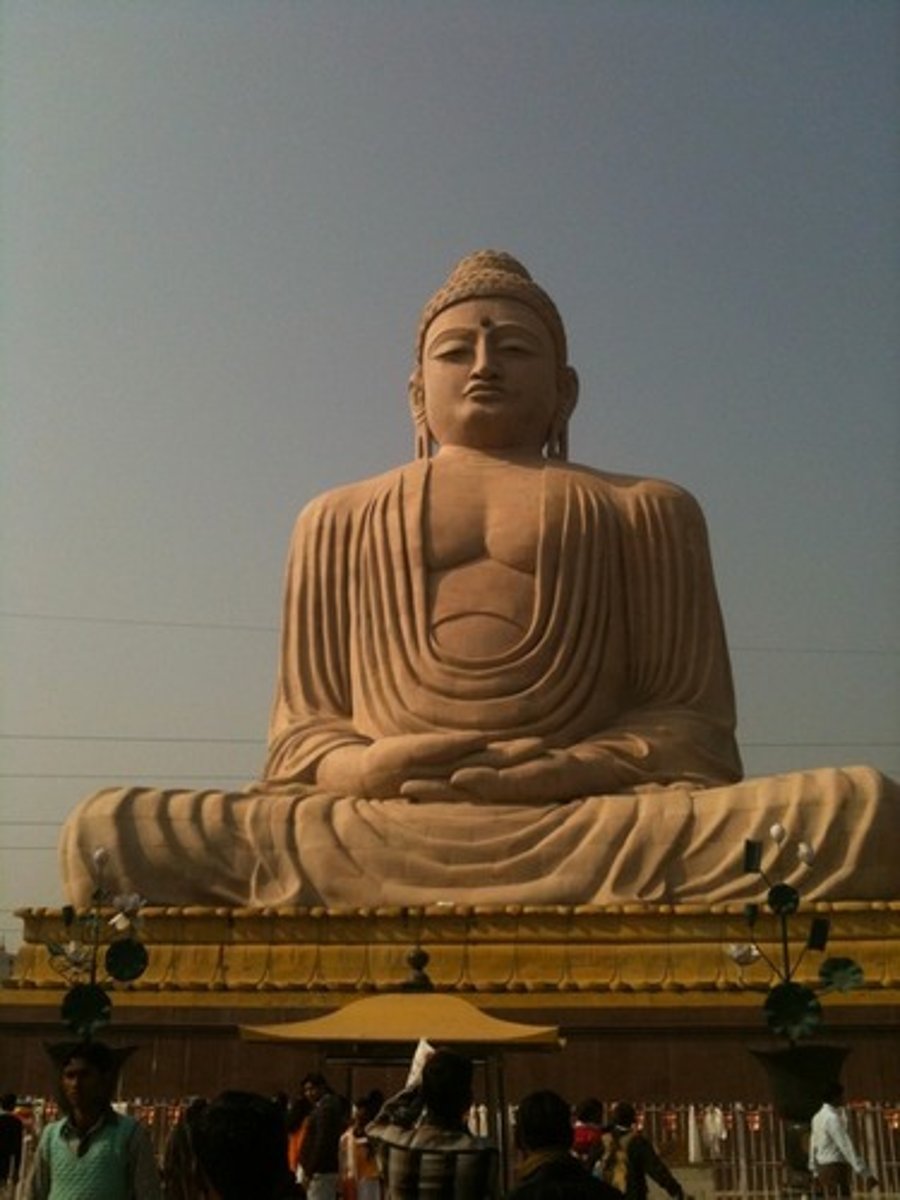
Christianity
religion with roots in Judaism, founded in Southwest Asia and based on the Old Testament and the teachings of Jesus as told in the New Testament, spread by both relocation and expansion diffusion throughout the world
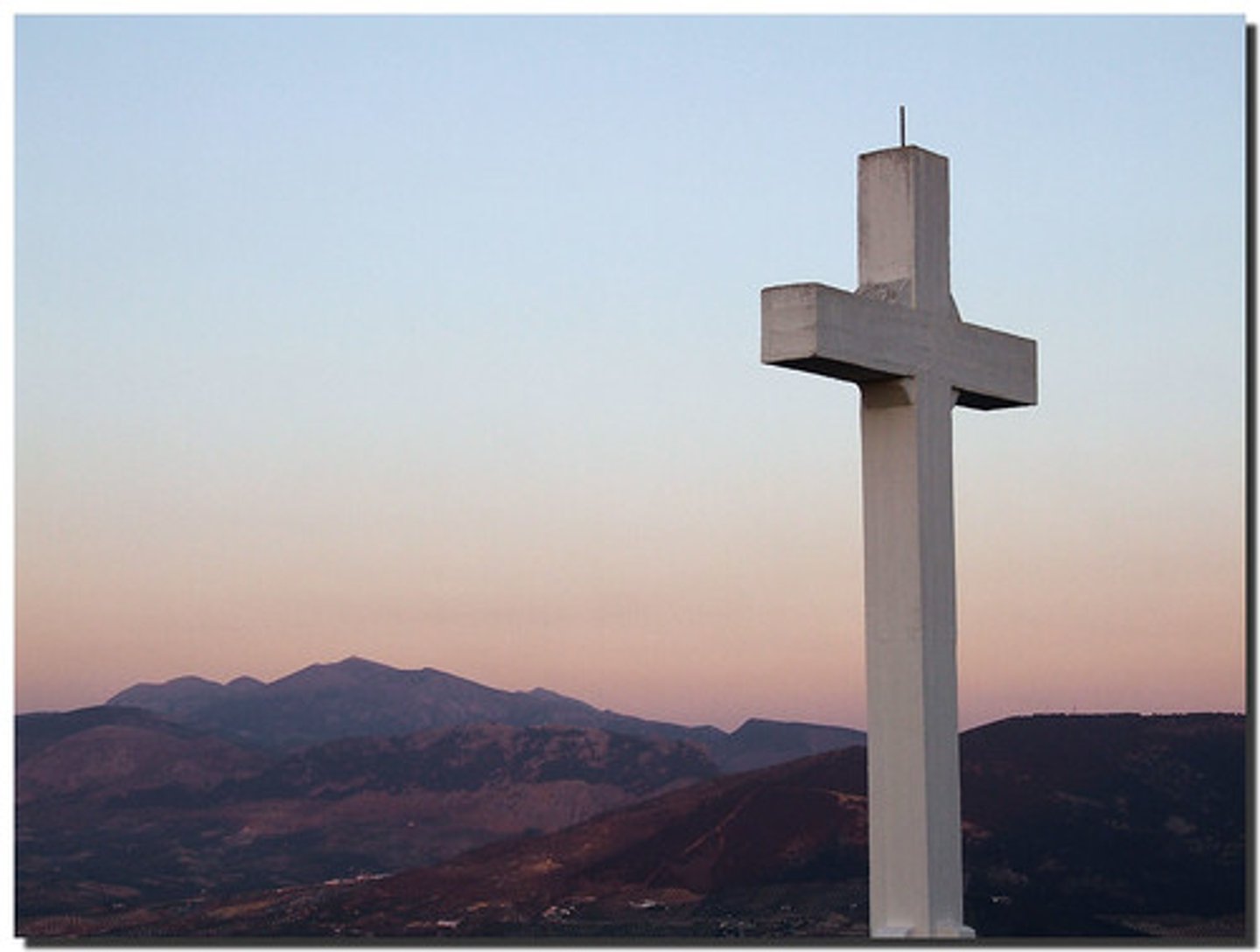
Islam
religion with roots in Judaism, founded in Southwest Asia and based on the belief that there is one god, Allah, and that Muhammad was Allah's prophet, spread by expansion diffusion in Southwest Asia and Africa and by relocation diffusion to Southeast Asia, Europe, and the U.S.
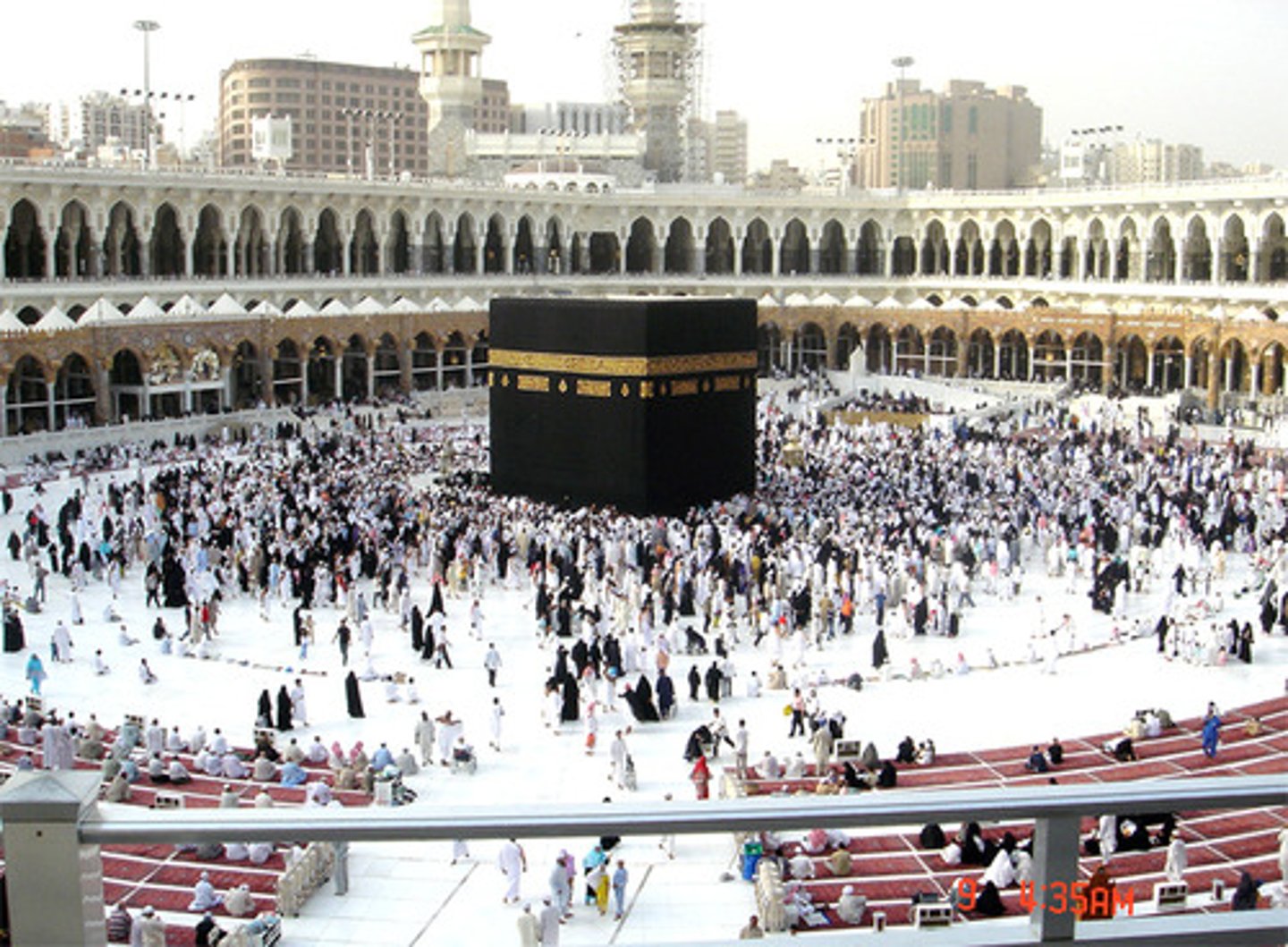
Sikhism
religion with roots in both Islam (Muhammad as a prophet) and Hinduism (reincarnation), founded in Northern India and based on the teachings of Guru Nanak spread by expansion diffusion throughout India and by relocation diffusion to Southeast Asia, Europe and North America spread through expansion diffusion in the Middle East and relocation North Africa, as well as Europe, S.E. Asia, and U.S.
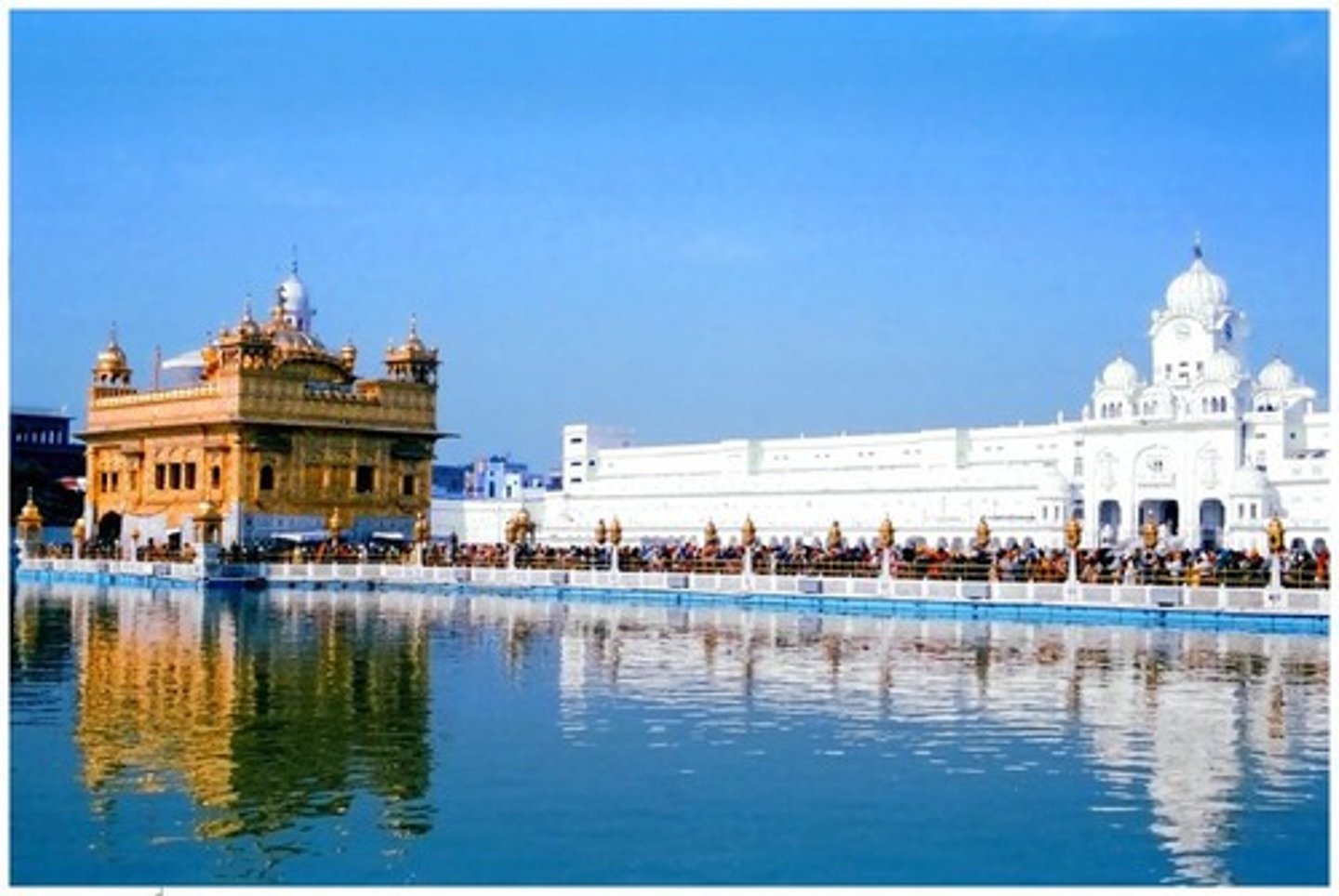
ethnic religion
religions that do not actively seek converts and are generally found near the hearth or spread through relocation diffusion
Hinduism
oldest major religion founded in India that cannot be traced to one founder and is a collection of religious beliefs that is strongly connected to Hindu culture and is based on the belief in reincarnation, spread by expansion diffusion throughout India, spread by relocation diffusion to Southeast Asia, South Africa, North America and South America
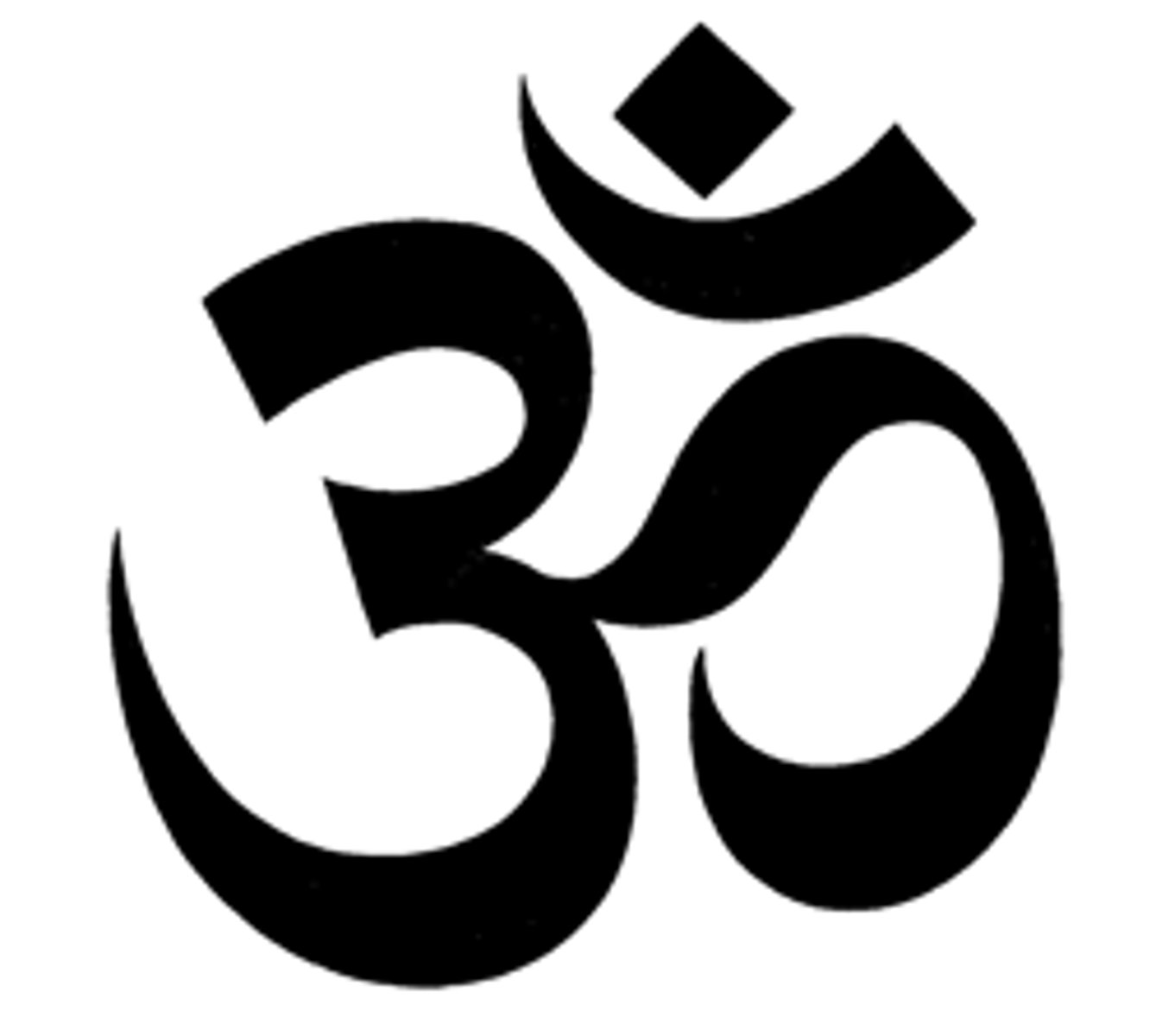
Judaism
religion founded by Abraham in Southwest Asia that is believed by many to be the first monotheistic religion dedicated to serving one god (God), spread by relocation diffusion as a result of the Diaspora: the scattering of Jews from their homeland by the Romans, many Jews relocated back to Southwest Asia following WWII and the creation of Israel
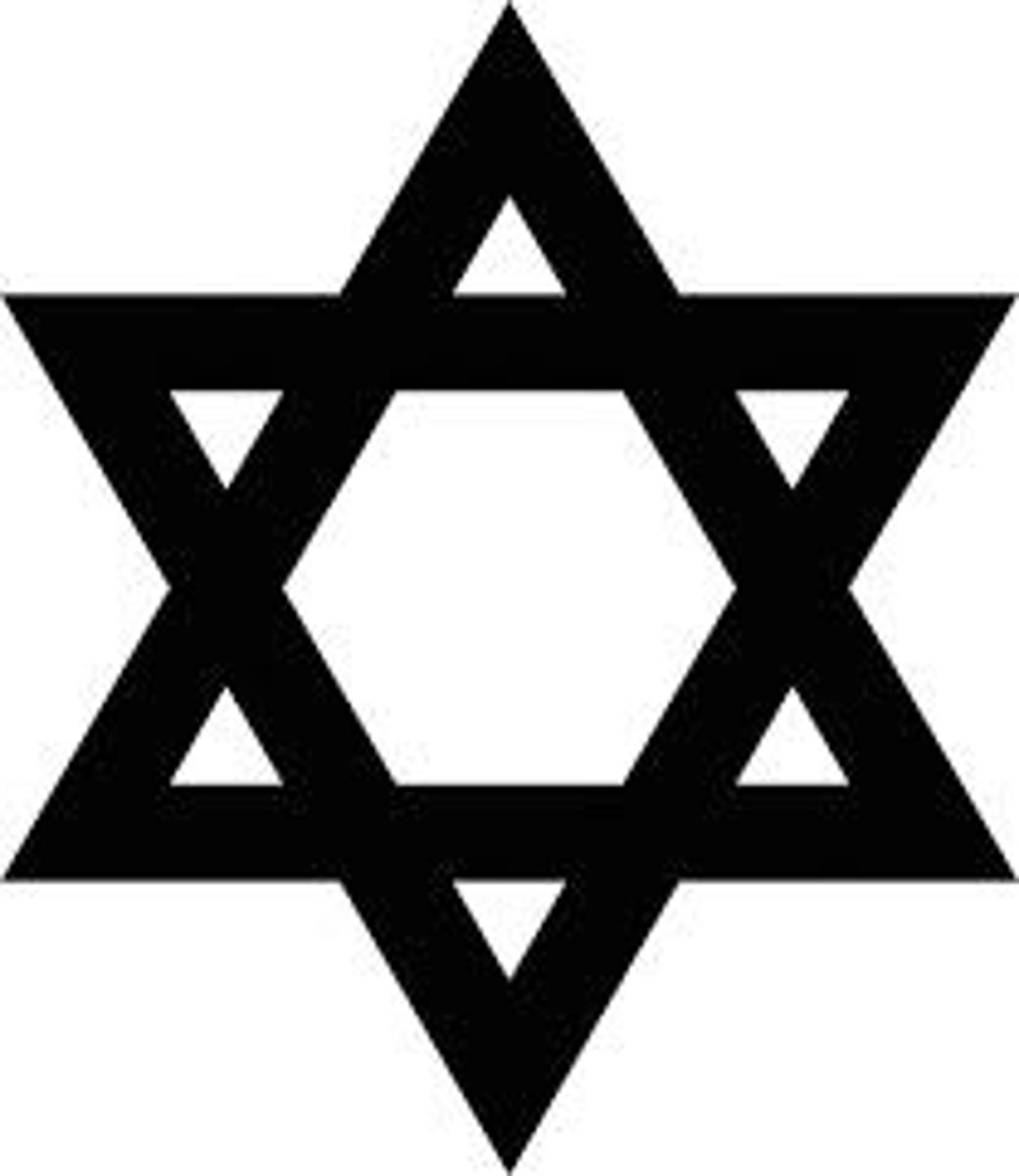
animism
probably human's oldest religion, pre-dating civilization and centered on the belief that inanimate objects, such as mountains, rivers, and trees possess spirits and should be revered, found among Native Americans in North and South America, and among traditional African communities as well as other indigenous groups around the world
acculturation
process in which members of one cultural group adopt the beliefs and behaviors of another group, but still retain some original uniqueness; often occurs as a result of colonization or immigration
assimilation
process by which a person or persons acquire the social and psychological characteristics of a group and cannot be distinguished from anyone else
multiculturalism
maintaining a diversity of ethnic cultures within a community that are valued and respected for their unique differences
syncretism
development of a new cultural trait as a result of the blending of two distinct but interacting cultures
placelessness
loss of distinct local features (uniqueness) in favor of standardized landscapes which happens as a result of pervasiveness of pop culture and mass production and availability of a wide variety of consumables
pop culture
culture traits of large, heterogeneous, urban populations (usually rapidly changing)
interfaith boundaries
conflict between the world's major faiths
intrafaith boundaries
conflict within a single major faith, such as the different denominations of Christianity or the two branches of Islam
sacred sites (spaces)
areas/places of religious/spiritual significance, including cathedrals, mosques, temples, and cemeteries